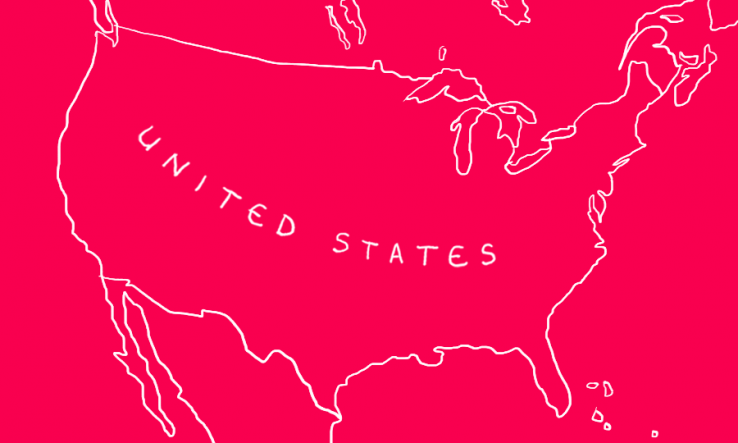
This week: minority involvement in artificial intelligence, health researcher conduct and agency independence
In depth: A $1.7 trillion US federal funding package has been signed into law for the 2023 financial year, boosting spending plans for activities including R&D.
Full story: Appropriations bill boosts US science spending for 2023
Also this week from Research Professional News
R&D spending by US academic institutions up 4% in 2021—US colleges and universities spent $89.9 billion on R&D
Here is the rest of the US news this week…
NSF launches programme to engage minorities in AI research
A programme aimed at broadening participation in artificial intelligence research for minority-serving institutions has been launched by the National Science Foundation and partnering agencies. The ExpandAI programme seeks to diversify the field through a series of education and workforce development projects, following recommendations made in a 2019 strategy paper setting out priority areas for federal investments in AI R&D. Margaret Martonosi, NSF assistant director for computer and information science and engineering, said: “We hope to see a more diverse, more inclusive participation of talented innovators from across our nation.”
New behavioural codes of conduct for NIH award recipients
The National Institutes of Health has announced a series of updates to its Grants Policy Statement (GPS), including behavioural codes of conduct for recipients of NIH funding. On 29 December, NIH’s deputy director for extramural research, Mike Lauer, said the GPS replaces the previous policy and applies to all awards issued on or after 1 October 2022. The GPS includes conditions designed to tackle discrimination and harassment, “assuring work environments…are safe and conducive to high-quality work”, Lauer said.
Draft bill to establish NOAA as an independent agency
A draft bill has been published to establish the National Oceanic and Atmospheric Administration as an independent agency. NOAA was created by executive order in 1970 but has never been established in law; the agency currently sits in the Department of Commerce. The proposed legislation would separate NOAA and award it formal statutory authority. On 21 December, Frank Lucas, the ranking Republican member on the House of Representatives Science, Space, and Technology Committee, said the move would help to “elevate” the agency and “better support this crucial sector of our economy”.